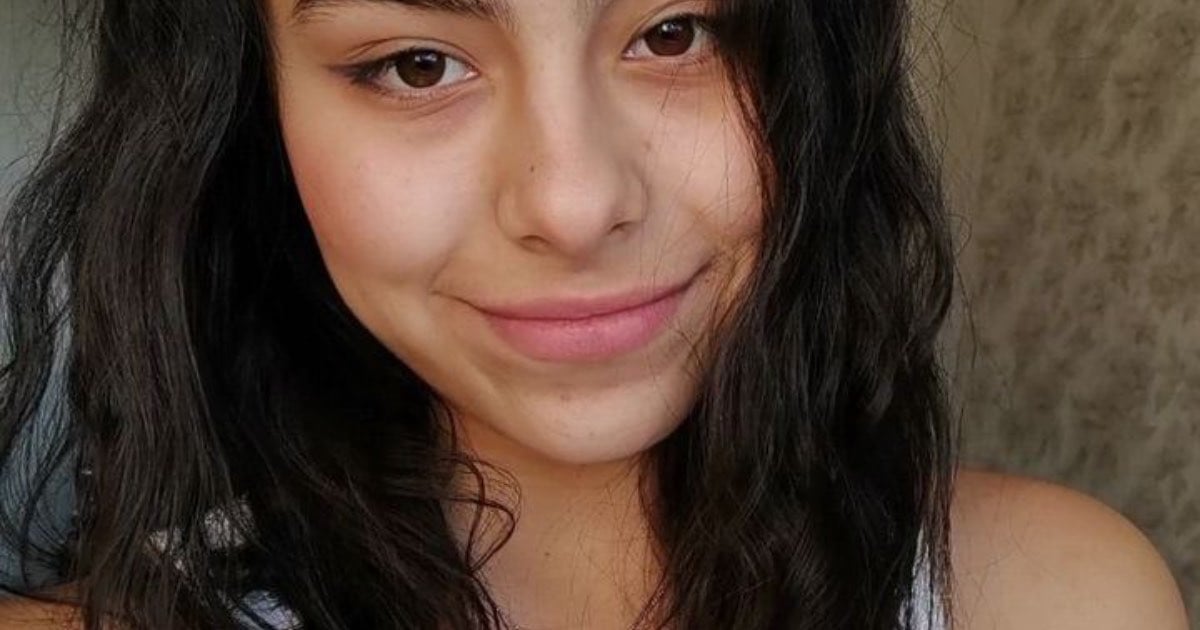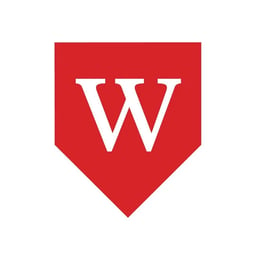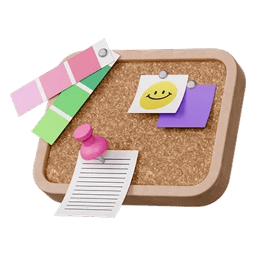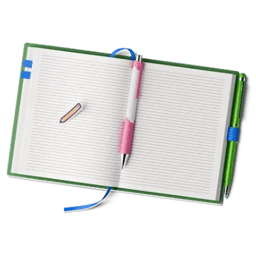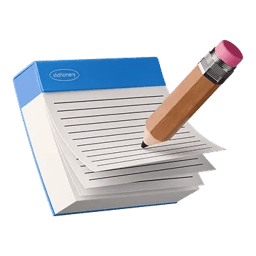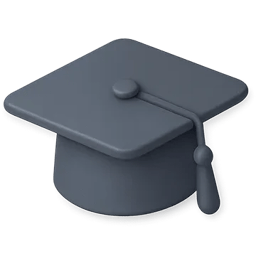My journey
I started preparing for undergraduate admission the summer before my ninth-grade year when I was inspired to study abroad after watching the movie "Lady Bird" by the amazing Greta Gerwig. I began watching admissions webinars and ads promoting their courses but realized that my family couldn't afford to buy them. I became frustrated, thinking that I wouldn't get into the US without guidance. Of course, I fell for the marketing ploy. I started looking at European countries, and it took me a few years. In the end, I decided to apply to the U.S.; by that time, I had learned that it was possible to apply on my own. The first time I tried was in 11th grade. That's how it all started.
I had two gap years and applied three years in a row without SAT/ACT scores. With only one Duolingo English test, which significantly undermined my already slim chances as a Computer Science applicant. I think I completely rewrote the application during this time, even in terms of activities: I entirely changed their descriptions. If I used to mention the number of people and what I did as a standard school robot, I now realized that it was more important to explain why I was interested in doing what I was doing and how it affected the people around me: through numbers and mission, for example. I wrote the essay with knowledge of what I wanted to get out of a particular university, and it was evident that I had researched the university in depth. Don't write an essay where you can replace the name of the university, and it would immediately fit another university. Also, in my final year, I was no longer afraid to ask for help from people who got in. That helped me a lot.
Tip: Treat applying to the US like applying for a job — be specific, write to the point.

Resources
First and foremost, I recommend the CollegeEssayGuy website. It has very informative articles about personal essays and guides; you can just Google it. It goes into detail about how to outline everything, and he gives you the tools to come up with interesting topics and organize your material, presenting it in an engaging way. I used to be a little critical of it, but the last time I used the recommendations for both the Personal Statement and the supplemental essays, I got in!
And then there's Grammarly and Quillbot to check the text for minor errors. I didn't use AI, and I don't recommend it; you can spot it right away.
My background
I am from Belarus and I am FGLI: I come from a low-income family, and I will be the first in it to get a higher education. In my application, I indicated that I speak Russian and Belarusian.
My great interest is Computer Science, and I described my related hobbies. Regarding the academic part: in my school, I had an in-depth study of English and math in a specialized class, and with God's help, I got the highest grades in these subjects, although they were the most difficult for us. Grades are the first thing they evaluate an application by. So if your grades are poor and you need full financial aid, there is almost no point in applying.
Besides academic preparation, I emphasized that there were no programming opportunities in school, so I looked for opportunities on my own and got to my current level. A very important tip: show not just where you are now or what you were in the past, but the difference in opportunities: what you had compared to what is expected of a typical applicant from America. I'm from a regular school, and I showed that, without having many opportunities, I did projects at the level of people from international schools with far more resources than I had. The university cares about momentum: it looks at where you started, what you've done in the last four years in school or after, and what you've accomplished with that.

Extracurriculars
As a Passion Project, I developed browser extensions for the Chrome Store. I wasn't studying anywhere else anymore and I was doing it for personal interest. Here is one of my projects: https://chrome.google.com/webstore/detail/cyberwise/okcddklchnidfaehbkgphjodojdkpkkn?snuoi
My other activities included:
A research paper on media literacy published in English. I also had a letter of recommendation from a professor from New York University (NYU) with whom I worked on this project. This, by the way, is an excellent opportunity to show that an American professor believes a girl from a Russian-speaking school can excel in English!
Volunteering at a local social and educational initiative, which I did for three years;
A programming internship where I developed chatbots;
Another research job in a research group at Oxford University;
Music school: I listed it last. I graduated from it and won medals in national and international competitions. I played violin and piano.
Pioneer Academics
I participated in the Pioneer Academics program, which connects high school students with professors from the most prestigious universities in America. The program is paid, costing about 6-7 thousand dollars, but I got full financial coverage. To get in, you have to go through several steps — fill out an application and undergo an interview. I went through the program and was connected with a professor. There are many disciplines available. I took online courses with a group of fewer than ten students and earned real college credits.
At the end of this summer program, you have a month and a half to write a research paper on a topic related to the material covered. I took the initiative and proposed the topic myself, and we consulted with the instructor while he was concurrently teaching at NYU.
Honors & Awards
Achievements included:
Math Olympiad, third-degree diploma. Not fantastic, but considered a relatively international achievement;
Winning a prize in a startup accelerator;
Publications at scientific conferences.
The point is that if there are no Olympiads, you can get in without them. If you mention them, you need to know how to present them: how many people competed and took the same place, and what level of award. City and regional wins make sense to mention too.
Personal Statement
My Personal Statement was a story about how, using programming and technology I want to help a certain community. It had to do with media literacy and cybersecurity. I was revealing the impact of specific events on me and what actions and initiatives I was already taking to address the issue. At the end of the essay, I was already talking about more global goals and what role I see myself in the future. Your vision of the future gives the admissions committee an opportunity to understand what you are striving for, what is important and close to you, to talk about personal things. I believe this worked as an advantage for me.
Supplemental Essays
The university gave me two topics for an additional essay, from which I had to choose one. I wrote about the practical application of liberal arts education. I chose this topic because I had an idea of how to combine my understanding of practicality with how I see it at Wesleyan. There is no priority in choosing essay topics; I chose what was more convenient for me, as I was able to connect my idea with the university's values, opportunities in terms of labs, professors, and so on.
College List
I did not submit to Wesleyan in previous years, and I was late in starting my essays for other universities. This year I applied to other prestigious universities: Bowdoin, Hamilton (waitlist), Wellesley (waitlist), Centre (full scholarship nomination), and a few others of the same caliber.
I chose universities with full financial aid in mind. I also considered location: I didn't want to end up in Missouri or Iowa, as it seemed too remote. I wanted to have access to a major city but not live in one: it's more expensive and less safe, and those universities are less likely to offer full funding. Based on these criteria, I chose Wesleyan, which is two hours from New York and Boston. It accepted me and gave me the biggest financial aid package, so that's where I'm going.
College Fit with Wesleyan
I didn't have a clear understanding of my fit with Wesleyan, but I think it's in the mindset: how I see the social application of computer science and my creative spirit — we match there.
We have an Open Curriculum system — we can take any classes we want; there are no required courses. For the first two years, I want to focus on computer science, but beyond that, I want to consider economics and maybe something more related to the humanities — just to try something different, perhaps something I like. In terms of getting involved in clubs... I was thinking of joining a music club to revitalize my violin and piano skills, and of course, a programming club interests me as well.
Interact with college students
I applied to universities where I didn't know anyone from the CIS, but now I realize how important it is for me to know at least one person upon arrival who shares and understands my culture and can advise me on something. The last time I applied, I tried to find out if there was a CIS student at the university, so I asked about teaching and student life. A university's marketing and beautiful website don't always match students' impressions, so it's always better to check the real state of affairs. So my advice is: don't be afraid to write to students directly. Apply where you see your prospects, not where you can't even imagine yourself.
How to find opportunities and do research
Here's the polished version with improved grammar and reduced awkwardness:
I recommend deciding on a specific major. You can change your major, but you need to know what you're applying for so that you can develop essay topics based on that. You can think of many topics and do them in the form of different projects. You can make software, applications, browser extensions... You can even write to professors at American universities or your own domestic ones. In Belarus, they usually don't reply, but in Russia, you can usually contact people and ask to work with them or contribute to their projects for free. Even in the humanitarian sphere, you can think of various things. For example, you could create a Telegram channel and hold webinars and discussions about mental health, and that would also be a cool project. And creative people already know what they're interested in. For musicians, it's creating compositions, a YouTube portfolio, for example. I'm just throwing ideas around.
It's advisable to plan your time: how many months are left before enrollment and how much you can bring the project to fruition. If you do your best, anything is possible. You can even ask for summer internships. If you don't get hired, come up with a project, set deadlines, gain experience, achieve results, boldly mention activities, and present them as achievements.
My Blog
I have a Telegram channel where I'm talking about my student life and other topics in Russian. I've also published a series of posts about my application process as well as my thoughts on various matters. Here's the link: https://t.me/victoriaintegrated
I also have an Instagram: https://www.instagram.com/panassevitch/
